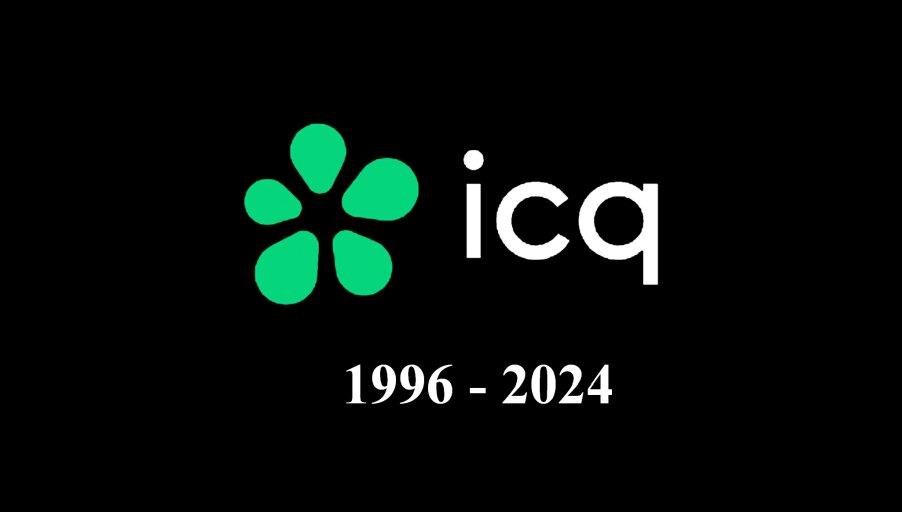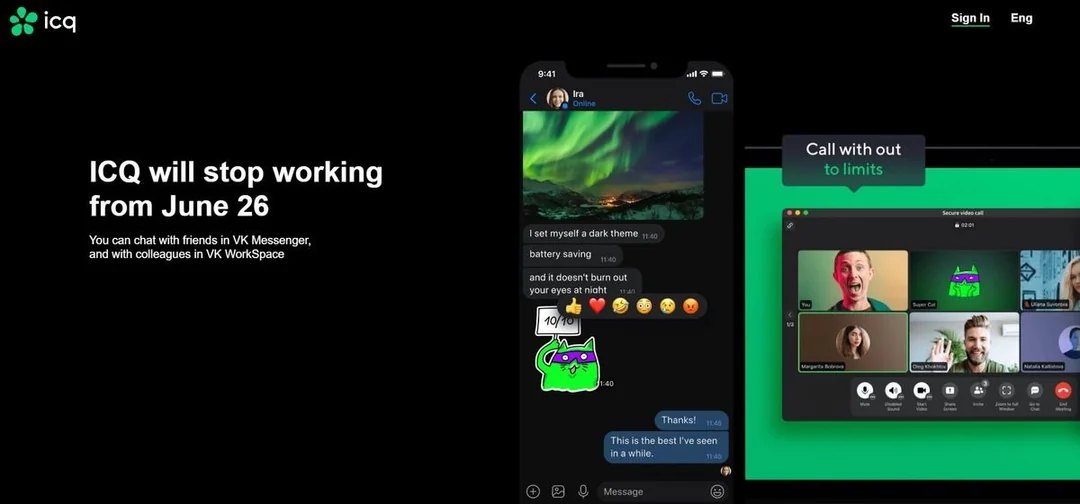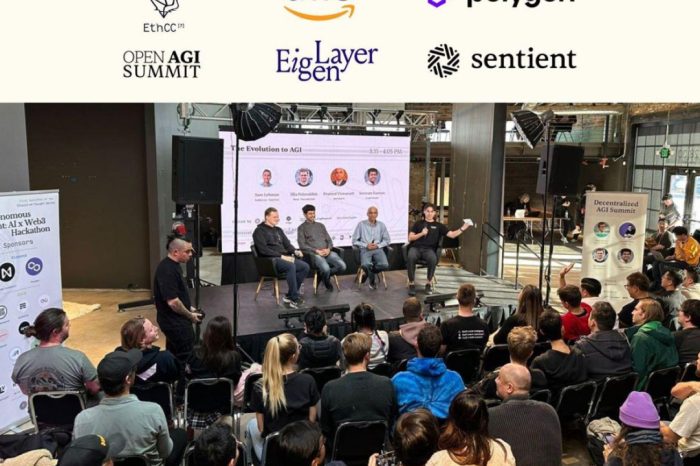ICQ shuts down: ICQ is shutting down after 28 years of offering instant messaging service

ICQ, the pioneering instant messaging platform fondly remembered by early internet users as “I Seek You,” has officially ceased operations today, June 26, 2024. The shutdown marks the end of an era that began almost 28 years ago.
Launched in 1996, ICQ garnered immense popularity, boasting over 100 million registered users and 2.5 million daily active users at its peak in 2001, a testament to its groundbreaking real-time text chat capabilities during the era of dial-up internet.
Originally developed by Israeli programmers, ICQ was acquired by AOL in 1998 for $407 million before later transitioning to Mail.ru, now VK, in 2010. Despite efforts to modernize, including development for Android and iOS platforms, ICQ faced stiff competition from emerging messaging services and saw a decline in its user base over the years.
VK, recognizing ICQ’s historical significance, attempted to revive and integrate the platform into its ecosystem, but ultimately decided to discontinue its operations. ICQ now recommends its existing users transition to VK’s own messaging services, which acquired this messaging system from AOL.
“Service stopped working. You can chat with friends in VK Messenger, and with colleagues in VK WorkSpace,” ICQ said in a message on its home page.
The closure of ICQ marks the end of an era in internet communication, highlighting the evolution from dial-up connections to today’s interconnected mobile and social media-driven landscape. While ICQ’s influence waned over time, it leaves behind a legacy of early internet camaraderie and the foundation it laid for modern messaging platforms.
Despite its farewell, ICQ remains a nostalgic touchstone for many who formed lasting connections through its interface, demonstrating the enduring impact of early digital interactions. As technology marches forward, the memories and relationships forged on platforms like ICQ continue to resonate, underscoring their lasting significance in the digital age.


